Meet the Governing Circle
The National Centre for Truth and Reconciliation (NCTR) is guided by a seven-member Governing Circle. Governing Circle members:
- Ensure Indigenous people are in control over the materials.
- Provide guidance on policies, activities, ceremonies, and protocols.
- Provide guidance on ways to increase the Centre’s records, materials, and resources and on prospective partners.
- Provide support on accessing the Centre’s records, materials and resources.
“Indigenous governance is critical to strengthening the framework of truth and reconciliation in Canada. The NCTR strives to ensure Canada does not forget the voices of Survivors and their stories which were long suppressed by the residential school system. The Governing Circle members each have been shaped and guided by their Indigenous cultures, values, belief systems and protocols, and all are committed to furthering the work of the NCTR.” ~ Cynthia Wesley-Esquimaux, Chair on Truth and Reconciliation at Lakehead University
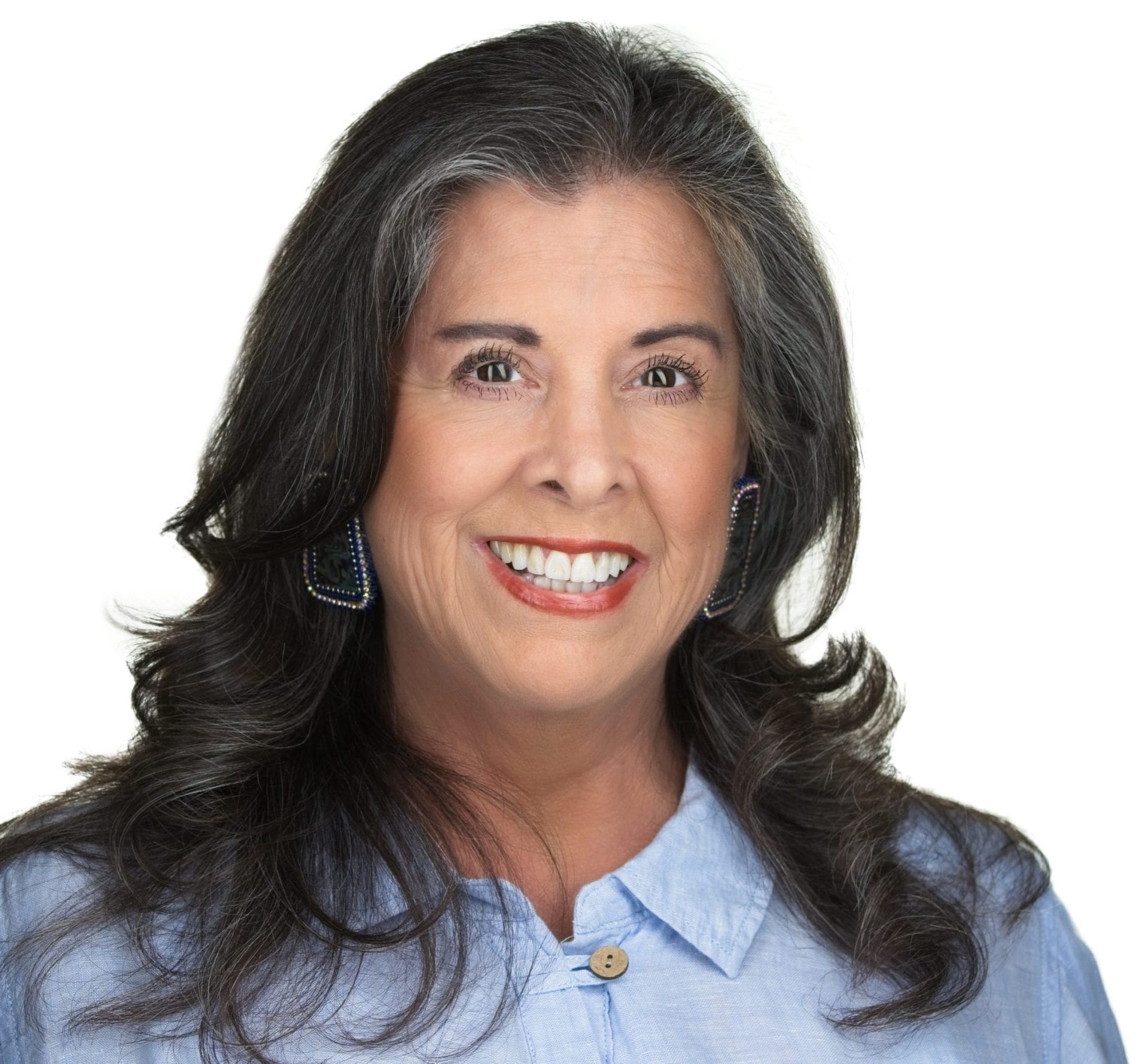
Dr. Cynthia Wesley-Esquimaux
Governing Circle Chair
Dr. Cynthia Wesley-Esquimaux served as Vice Provost for Aboriginal Initiatives at Lakehead University for three years, and effective September 2016…
Dr. Cynthia Wesley-Esquimaux served as Vice Provost for Aboriginal Initiatives at Lakehead University for three years, and effective September 2016 was appointed as the 1st Indigenous Chair for Truth and Reconciliation in Canada and continues to develop pathways forward to reconciliation in Canada.
Cynthia is a Director of the Teach for Canada non-profit which addresses the needs of Indigenous schools in Northern Ontario. She was inducted as a “Honourary Witness” by the Truth and Reconciliation Commission of Canada, and is the Chair of the Governing Circle for the National Centre for Truth and Reconciliation at the University of Manitoba.
She is a member and resident of the Chippewa of Georgina Island First Nation in Ontario and has dedicated her life to building bridges of understanding between peoples. She sees endless merit in bringing people from diverse cultures, ages, and backgrounds together to engage in practical dialogue and applied research initiatives. She remains deeply committed to public education and active youth engagement from all cultures and backgrounds.
Cynthia co-founded a youth project out of the University of Toronto, the University of Saskatchewan and Lakehead University. Information on the Canadian Roots Exchange (CRE) can be found at: www.canadianroots.ca.

Andrew Carrier
Andrew has Bachelor of Arts degree, a Business Administration Diploma. He is a Registered Professional Trainer and a Certified Human…
Andrew has Bachelor of Arts degree, a Business Administration Diploma. He is a Registered Professional Trainer and a Certified Human Resource Practitioner.
Andrew completed 30 years of service with the Province of Manitoba and is currently serving his fifth term in office with the Manitoba Metis Federation.
Andrew has served the Manitoba Metis Federation for the past 20 years as a Regional Director and in 2018 is the newest elected Vice-President for the Winnipeg Region.
Additionally, Andrew was appointed in 2010 as Chairperson to The Indigenous Leadership Development Institute – Board of Directors, founding member of the World Indigenous Business Forum. Andrew was appointed in 2016 by the Metis National Council as the Metis representative on The Centre for Truth and Reconciliation – Governing Circle. Andrew is a survivor of childhood trauma while attending a Catholic Day School.
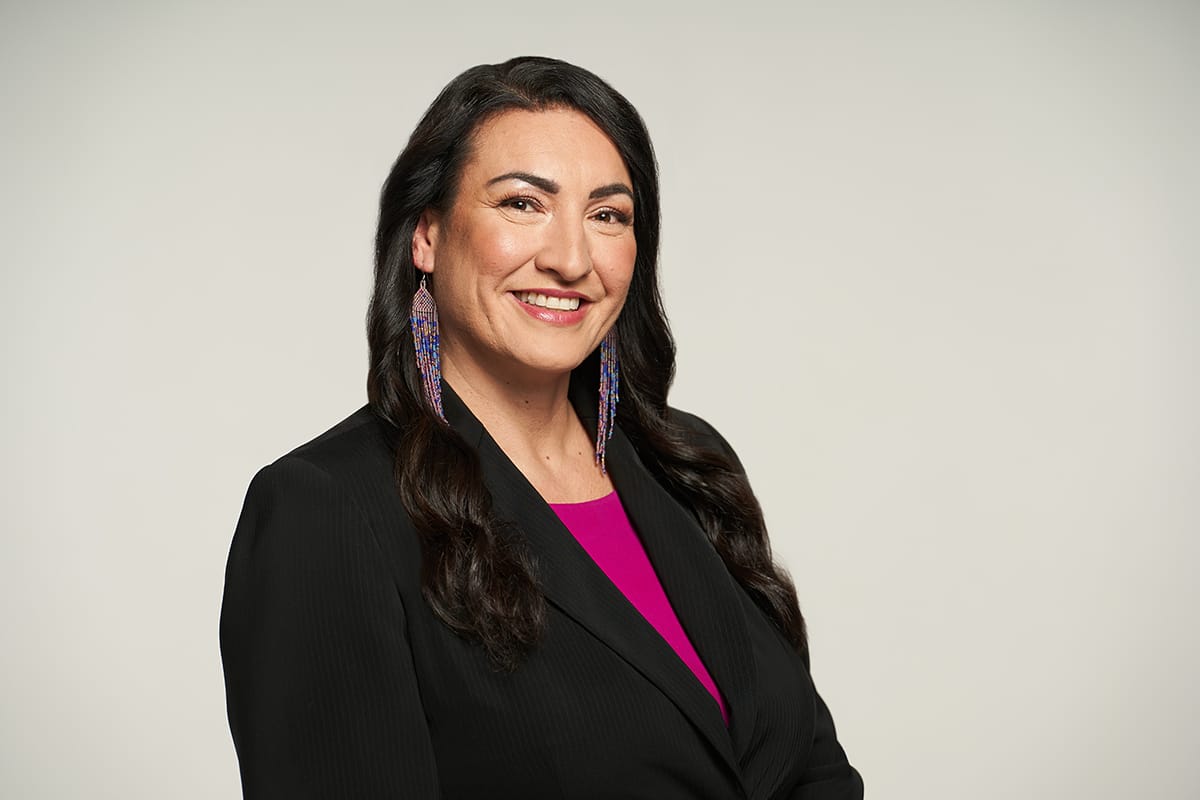
Angie Bruce
Angie Bruce, Vice-President (Indigenous), University of Manitoba, is a proud Red River Métis woman tied to her home community of…
Angie Bruce, Vice-President (Indigenous), University of Manitoba, is a proud Red River Métis woman tied to her home community of St. Laurent, Manitoba. Ms. Bruce grew up in the Métis culture and credits the strong maternal figures in her family for instilling a connection to the land, community, culture and spirit. She holds a master’s degree in business administration from UM’s Asper School of Business [MBA/09] and is currently a PhD Candidate at Nipissing University.
An impactful and collaborative leader, Ms. Bruce brings experience and success working with First Nation, Inuit and Métis people and Nation, communities, local, regional and federal governments and organizations, and across the non-Indigenous public, private and non-profit sectors. Prior to joining the University of Manitoba on February 1, 2024, Ms. Bruce was the Assistant Deputy Minister of Natural Resources Canada’s Nòkwewashk sector – the first Government of Canada departmental team to be gifted its name by Indigenous Elders.
Ms. Bruce will advance UM’s policy, research and programming that bolsters Reconciliation and Indigenous self-determination, and continue the legacy of exemplary leadership for the Vice-President (Indigenous) portfolio.
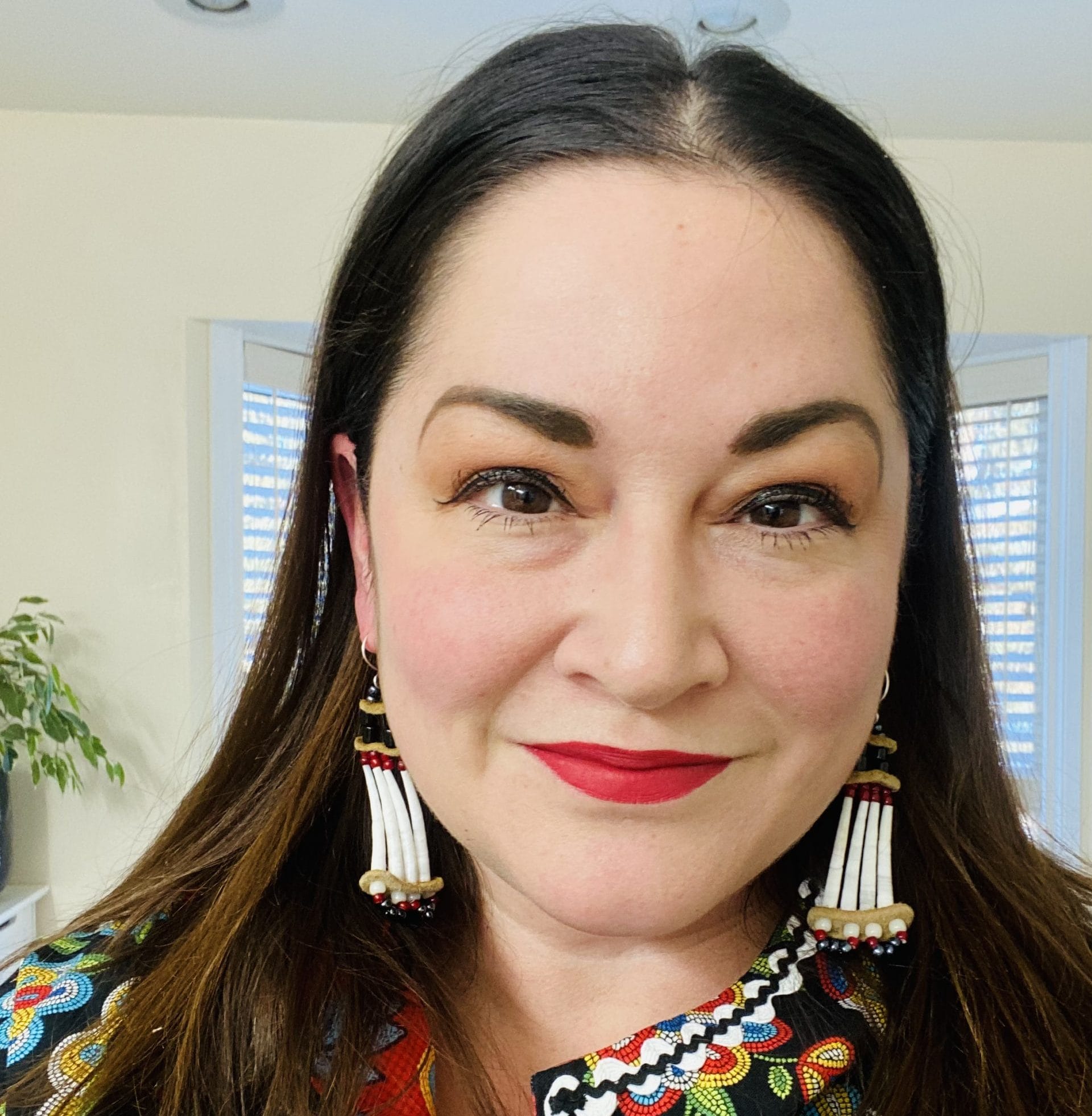
Crystal Gail Fraser
Crystal Gail Fraser is Gwichyà Gwich’in and originally from Inuvik and Dachan Choo Gę̀hnjik in the Northwest Territories. Her PhD…
Crystal Gail Fraser is Gwichyà Gwich’in and originally from Inuvik and Dachan Choo Gę̀hnjik in the Northwest Territories. Her PhD research focused on the history of student experiences at Indian Residential Schools in the Inuvik Region between 1959 and 1996. Crystal’s work makes a strong contribution to how scholars engage with Indigenous research methodologies and theoretical concepts, our understanding of Indigenous histories during the second half of the twentieth century, and how northern Canada was unique in relation to the rest of the settler nation. Dr. Crystal Fraser was awarded the 2020 John Bullen Prize by the Canadian Historical Association for her thesis, titled T’aih k’ìighe’ tth’aih zhit dìidìch’ùh or By Strength We Are Still Here. The prize honours the outstanding PhD thesis on a historical topic submitted in a Canadian university.
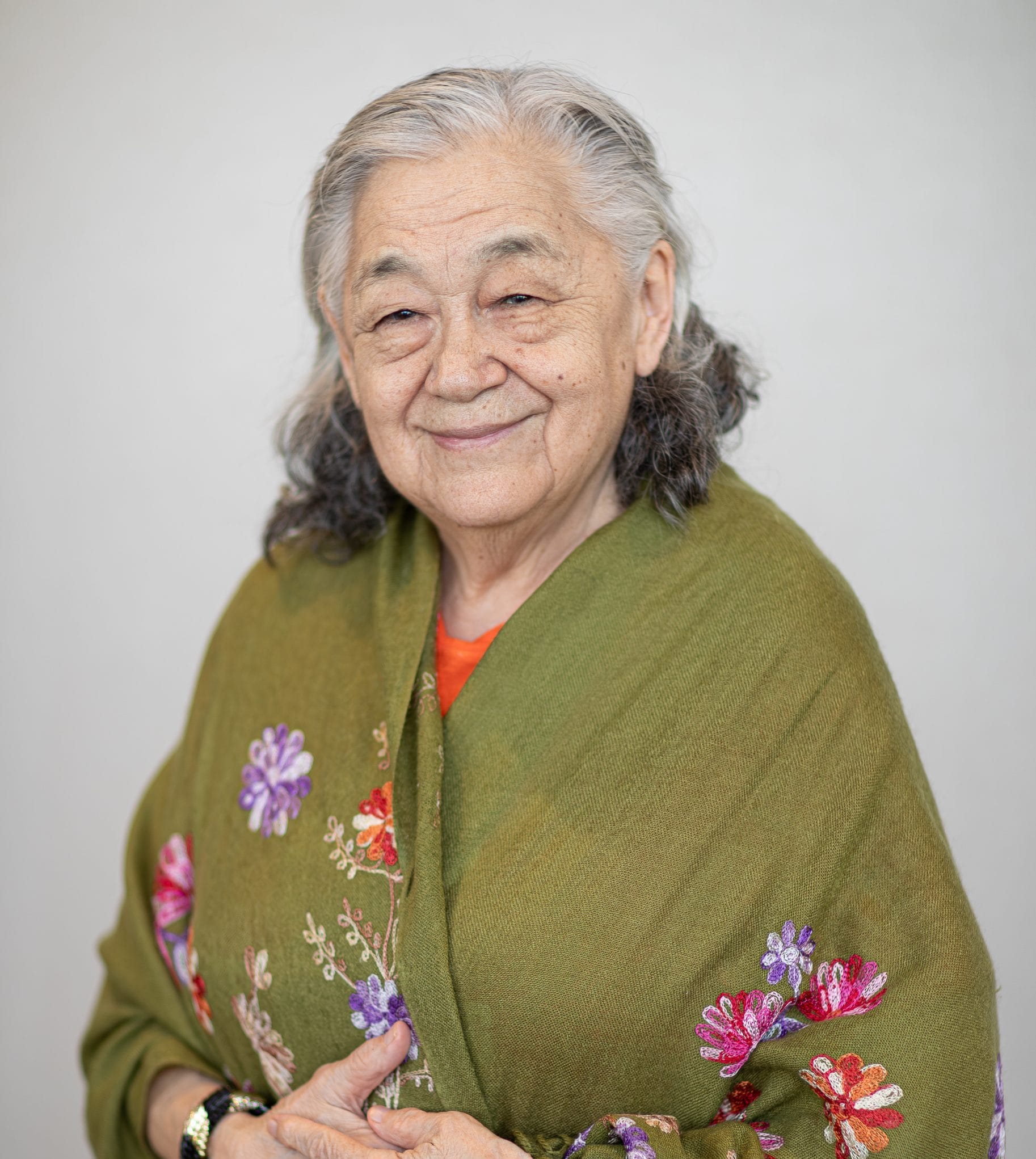
Levinia Brown
Levinia Brown is an Inuit Survivor from Rankin Inlet. In 1978, Levinia Brown received her certification as a Northwest Territories…
Levinia Brown is an Inuit Survivor from Rankin Inlet.
In 1978, Levinia Brown received her certification as a Northwest Territories Classroom Assistant and was instrumental in establishing an eastern board program (EATEP) in Iqaluit, and in 1980 she became the first chairperson of the Keewatin Regional Education Authority. After serving as an information officer, chairperson of the local housing authority, and deputy mayor, Levinia Brown became the first woman mayor of Rankin Inlet.
Levinia also served as the Elected Member for Rankin Inlet South/Whale Cove. On February 16, 2004, the Honourable Levinia Brown was selected by MLAs to sit on the Executive Council. On March 9, 2004, Premier Paul Okalik named Ms. Brown Deputy Premier.
Dedicating her life to the development and promotion of community capacity building for health and social services, she projects a positive outlook on life. Her belief that life is a precious opportunity that should not be wasted is clearly expressed in her thirst for education, strength in leadership, and compassion for social issues.
Levinia Brown is married to Ron Brown. Together, they have 7 children and 3 custom adopted children.
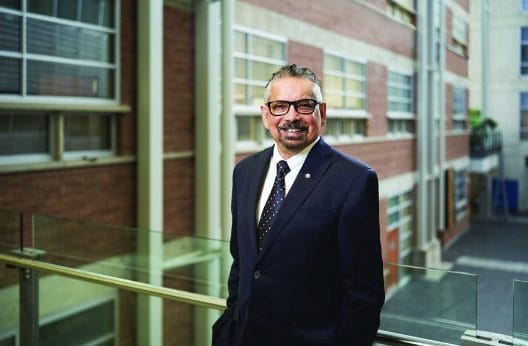
Dr. B. Mario Pinto
Dr. B. Mario Pinto joined the University of Manitoba’s leadership team as Vice President (Research & International) in October 2022…
Dr. B. Mario Pinto joined the University of Manitoba’s leadership team as Vice President (Research & International) in October 2022 after having served as Griffith University’s Deputy Vice Chancellor Research (DVCR) and Director of the Gold Coast Health & Knowledge Precinct in Queensland, Australia (2020-2022). Prior to this he served as President of the Natural Sciences and Engineering Research Council of Canada, Chair of the Global Research Council, Co-chair of the Canada-India Joint Science and Technology Committee, and Vice President Research and Chair of Chemistry at Simon Fraser University, Canada.
Receiving his undergraduate degree and doctorate from Queen’s University in Ontario, Dr. Pinto has published more than 250 papers in chemical biology and holds a simple but firm view on research. “A recognition of scholarly impact is what counts and quality publication and innovation remain at the core,” he said. “Researchers must take some risks and strive for greater influence in their respective spheres of interest.”
Dr. Pinto holds a Fellowship in the Royal Society of Canada. He has established partnerships between several academic disciplines, and with many industry and commercial leaders, such as the Bombay Stock Exchange and Indian Oil Corporation. He has also shared best research practices with Sri Lanka’s National Science Foundation. Dr. Pinto has a breadth of experience in research commercialization, as one of the founding members of the Centre for Drug Research and Development, Zone Start-Ups India, VentureLabs® and Venture Connection.
Dr. Pinto champions global connectivity to increase the power of the line of sight by embracing diverse perspectives, and is a champion of equity, diversity, and inclusion in research and innovation. He was Chair of the 11th Gender Summit which focused on the theme of pluralism to counter singularity of thought.
Since October 2022, Dr. Pinto has taken up the position of Vice President (Research & International). He is building on significant successes already achieved as DVCR at Griffith University, and Director of the Health & Knowledge Precinct on the Gold Coast, where he worked in partnership with the Gold Coast University Hospital, the Gold Coast Private Hospital, Gold Coast City Council, and the Queensland State Government to attract new developers and industries to the Precinct and create a portal between university/hospital researchers and commercialization partners.
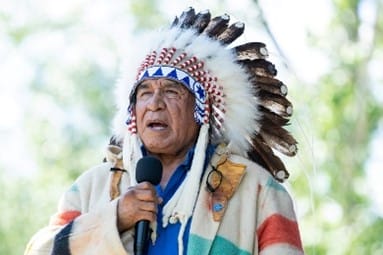
Keith Chiefmoon
Keith Chiefmoon is a Ga’na (kainai) Sundance teacher and the Indian Residential School Program and Community Engagement worker for the…
Keith Chiefmoon is a Ga’na (kainai) Sundance teacher and the Indian Residential School Program and Community Engagement worker for the Kainai Wellness Center, Blood Tribe Department of Health. He decided to take on this program after being a classroom teacher on 2 First Nations Reserve and served as a Principal for an Elementary School plus teaching Indigenous courses at the College and University levels.
Keith overcame Sir John A. MacDonald’s policy “to kill the Indian in the child”! his first language is Blackfoot and English is the second language.
The Residential School program was in full force on the Blood Indian Reserve, Keith was taken to both the Catholic and Anglican Residential Schools. He stayed for a few years, and his parents believed that a public-school system would be better; only to be subjected to racism, discrimination, violence and bigotry from the Cardston Schools in Cardston.
With these extenuating contributors to racism, he became a victim of alcohol addictions at a very young age plus the effects of a faith-based community school advocating that Indigenous people were the lowest form of mankind on the face of earth and that the color of their skin was a condemnation of who they were.
In lieu of the uncontrollable variables, Keith completed his academia and received his high school diploma and contrary to the advice of an Indian Affairs Counselor applied to study at a university level.
Keith has been addictions free for the past 4 decades and successfully completed a BA in Native American Studies, a B.Ed. in Social Studies and Indigenous Education plus a MA in Administration and Supervision.
NCTR’s spirit name – bezhig miigwan, meaning “one feather”.
Bezhig miigwan calls upon us to see each Survivor coming to the NCTR as a single eagle feather and to show those Survivors the same respect and attention an eagle feather deserves. It also teaches we are all in this together — we are all one, connected, and it is vital to work together to achieve reconciliation.
